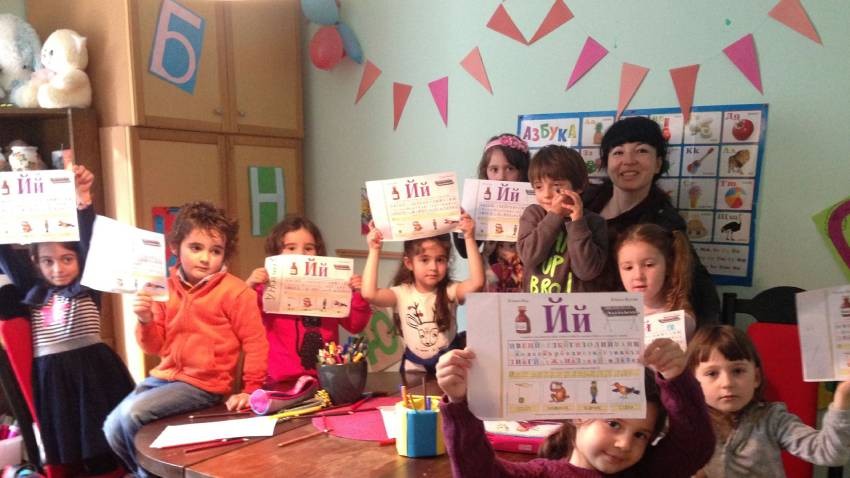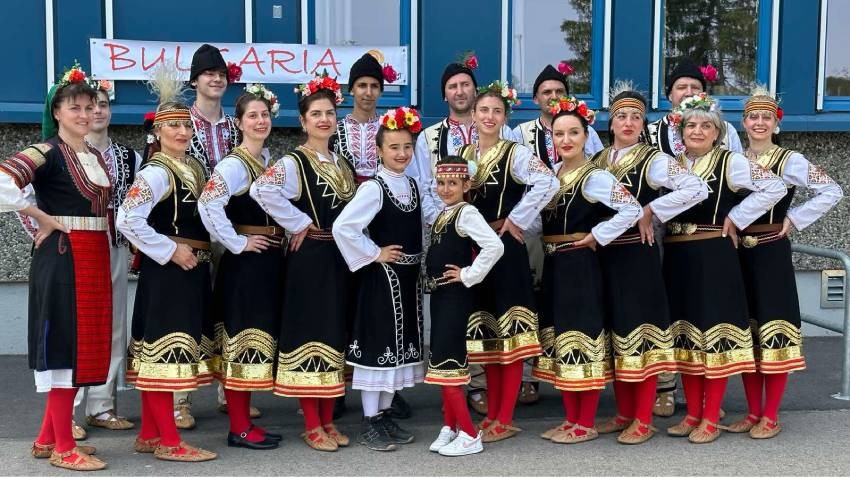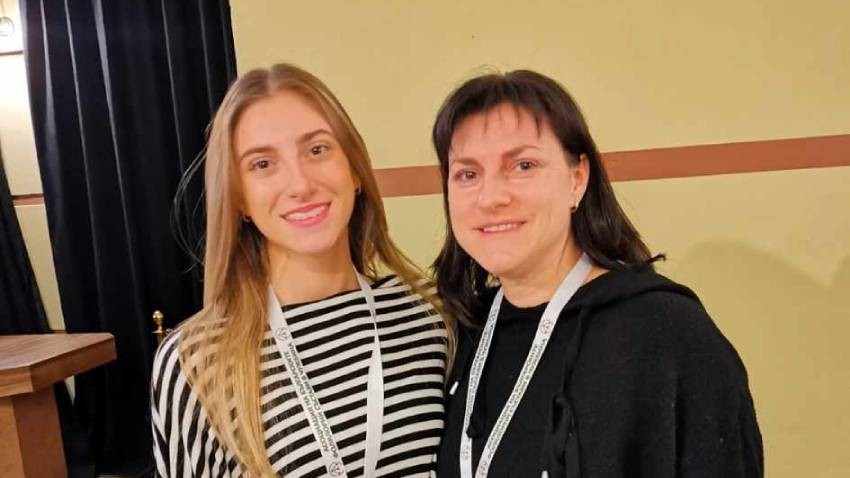 7
7
Norway is not a country known to attract large numbers of immigrants from Bulgaria. Nevertheless, there are around 6,000 Bulgarian citizens registered at the Bulgarian embassy in the Norwegian capital Oslo. Most Bulgarians in Norway work in construction and services. One of the things the Bulgarian community there want is a permanent direct flight between Sofia and Oslo. The Bulgarian capital is one of the few capitals in Europe without such a flight, with the exception of the April-October period, when a low-cost airline offers Sofia-Oslo flights. Norway is not a member of the EU, but because of the oil and other mineral resources, the standard of living is constantly rising, the attitude to immigrants is not entirely negative, and there are labour shortages. Though it is not easy, integration into society without speaking the Norwegian language is not impossible because English is spoken everywhere. All this makes things easier for the Bulgarians who want to find a job in Norway.
Nikolay Vazov has chosen to live in Norway for economic reasons. He moved to Oslo with his wife in 2006, knowing practically nothing about the country, as his wife started work there. He continued working as a computer engineer, and dedicates his spare time to the Bulgarian community. In 2017, Nikolay became a member of the board of the Rodna Rech – (Mother Tongue)school. Two years later it was on the Ministry of Education’s list of Sunday schools abroad. There are 100 children in Oslo studying at the school now, and another 25 at the school’s branch in Stavanger. With the permission of the embassy, the school uses one of the apartments of the Bulgarian diplomatic mission, in January they are expecting to be given a second apartment.
“The school is part of the Association of Bulgarian Schools abroad though we are not very active because we cannot afford to hire people on a permanent basis. Our teachers only get paid for their work on Saturday and Sunday. We can’t compare with schools like those in Paris and London where they have teachers appointed on a permanent basis.”
The profile of the Bulgarian emigrant in Norway is very different to the profiles of Bulgarians in cities like Paris, London or Berlin, Nikolay says:
“There are a great many children from minority groups, mostly of the Turkish ethnic group, and I really admire the tenacity with which their parents send them to the school. On the other hand, it is not easy to communicate with these parents because they are usually busy during the weekend and find it difficult to bring their children.”
But there is one more problem in learning the Bulgarian language, Nikolay says, and it is that some parents are unwilling to talk to their children at home in Bulgarian. 
“The most compact group of people who do not speak Bulgarian at home are the ethnic groups. We try to talk to the parents all the time. We are lucky to know parents who are really well intentioned, but they have no experience of living in a multilingual environment. Their children actually live in a three-language environment – Norwegian, Turkish and Bulgarian. Some of them do not cope very well, so we ask the parents to set aside time in which they talk to their children in Bulgarian, because they speak well but their children do not. That is why I said the profile of the Bulgarian immigrants in Norway is different, because it is difficult to persuade the parents to help. It is important that all children attending the school speak Bulgarian, if only just a little.”
The Rodna Rech school is the biggest centre for people connected with Bulgaria and the Bulgarian language though it is not the only one – there is a dance folklore group I-HA, founded in 2014, with leaders Anny Kovacheva, Natalia Georgieva and her daughter Mira Georgieva.
“We left because my husband got a job offer and we decided we should be together, the whole family,” Natalia says, explaining why her family emigrated 10 years ago. 
“Before we left, Mira was in a children’s dance ensemble, and then she really missed dancing. Then we met Annie Kovacheva, and we decided we should try and keep the Bulgarian spirit, Bulgarian dances alive. That was how I-HA came into being. We were invited to a celebration at the Bulgarian school in Oslo, and there the parents asked us whether we could teach their children dancing as well. So, we decided to set up a children’s dance school. Most of the children are Bulgarian but some are from mixed marriages.”
Translated and posted by Milena Daynova
Photos: Agency for Bulgarians Abroad, Rodna Rech Bulgarian Sunday school in Oslo, Norway
Welcome to Bulgaria Today, the English-language podcast of Radio Bulgaria, on September 26 . In “Bulgaria Today” we bring you first the latest news from this country. Next, we tell you more about a festival with balloons in Belogradchik...
In “Bulgaria Today” on Thursday, September 25, we bring you, first, the latest news from this country. Next on the show: Sofia Opera to open new season with world-class conductor, prominent soloists in Puccini's Tosca. At the end, we bring you the song..
In “Bulgaria Today” on Wednesday, 24 September, we bring you, first, the latest news from this country. Next on the show: Architect Eva Popnedeleva and her successful projects in the United Kingdom and Bulgaria. And finally in our music..
In “Bulgaria Today” on Tuesday, 21 October, we bring you, first, the latest news from this country. Next on the show: Desislava Shapkarova interviews..
In “Bulgaria Today” on Wednesday, October 22, we bring you, first, the latest news from this country. Next on the show:The "Bulgarian Berlin" website..

+359 2 9336 661
